Youthful Excitement and Limited Resources Propelled Penang’s 1970s’ Music Scene
By Kelvyn Yeang
FEATURE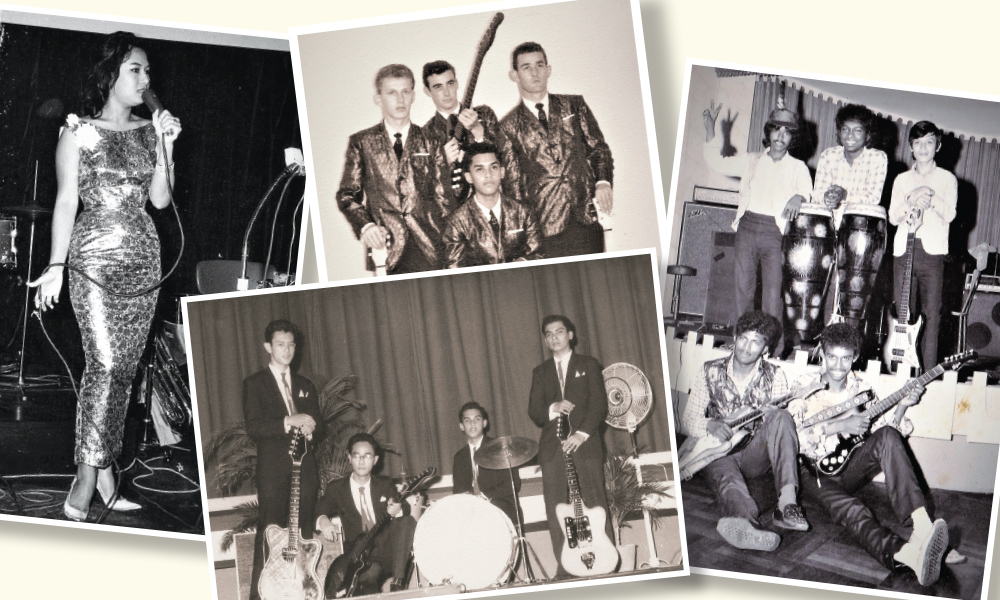
POPULAR MUSIC IN the 1970s was a time of many firsts which united Malaysians of diverse races. Legacy musicians appeared who paved the way for new talents. Quite excitingly as well, Penang witnessed her first wave of recording artistes – and an all-girl group, The Ladybirds, believed to be the first such group in Malaysia.
Love of music was what drove them, and always from a very early age. Penang Monthly features four of these talents here:
Colleen Read
The year was 1947 and from the old trusty gramophone, brilliant melodies would swell and fill the Read household. Enraptured by the sounds of the era, a young Colleen Read would sit as close to the turntable as possible, trying to absorb every nuance, lilt and rhythm. This was the genesis of one of Penang’s most prolific songbirds.
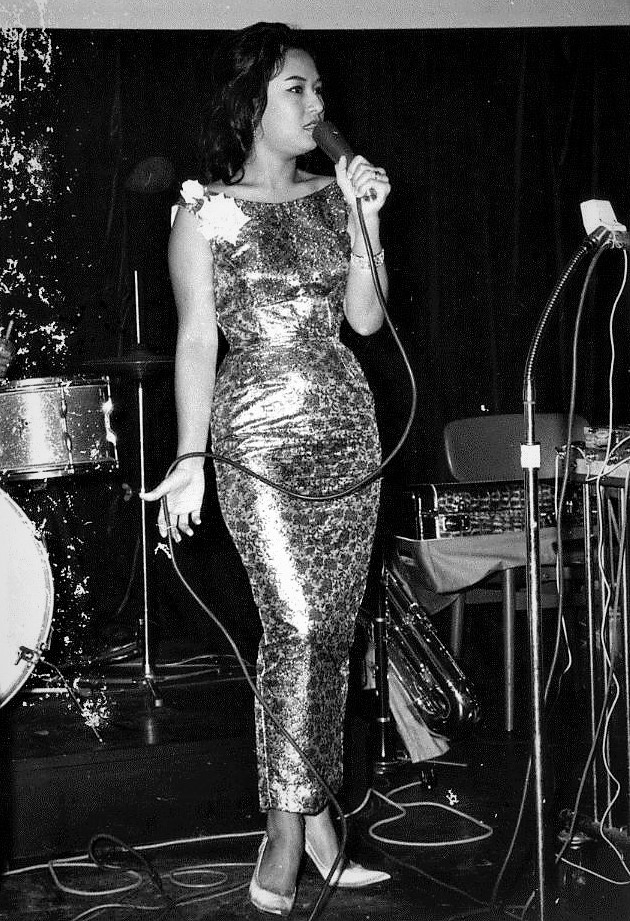
“We had Rediffusion!” Read excitedly says to me. “It was a small box with knobs for which you paid a cheap subscription fee to listen to music.” Explained simply, Rediffusion was an old broadcasting service that relied on wire relays, and was beamed from Penang itself, along Jalan Khaw Sim Bee. Many serious musicians harboured dreams to be featured on the Rediffusion programme, to have their songs played alongside international hits.
But music education in Penang was still in its infancy. To learn music, one had to have much initiative, gumption and discipline. With pencil and paper in hand, Read would perch by the Rediffusion, where she’d patiently wait for her favourite songs to be played.
“As soon as the song came on, I had to transcribe everything down as fast as I can, from lyrics to music. Some songs took me weeks to complete because I missed some parts and had to wait for them to be played again to fill in the gaps.”
At 12, Read performed her first public gig; this was a springboard for her singing career at Penang’s popular musical joint, Green Parrot. At 16, Read joined the cabaret located at Great World Park, where KOMTAR stands today. As the cabaret’s youngest recruit, Read expanded her repertoire to learn Mandarin songs, acrobatics and a variety of dances.
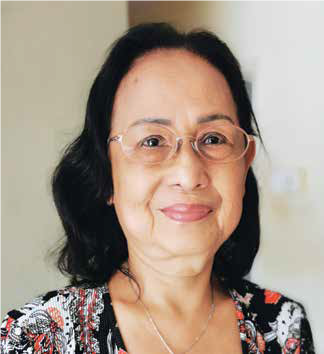
These early experiences prepared Read for a bigger stage and a more vibrant platform. In about 20 years, electrified music would take over the airwaves and a new generation of musical talents would draw inspiration from the powerful, raw sounds of the electric guitar. Disco would make its way to Penang’s shores and Read would be part of it all.
Omar Ghulam
Born in 1945, Omar Ghulam grew up in Kampung Herriot and through the radio, was exposed to the traditional sounds of Malayan music. He’d try to emulate these tunes on Milo tins, becoming so good at it at one point, that he started courting the attention of the neighbourhood’s girls!
Soon, the Milo tins were upgraded to a set of Bongos, thanks to his musician friends who managed to pool enough money for its purchase. A band member now, Omar was further given a snare drum, and to no one’s surprise, he took to it like a duck to water.
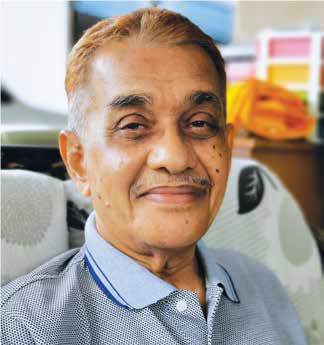
Confident of their chance to win, the band decided to compete in Rediffusion’s band competition, where the who’s who of the local music scene often appear; this included David Arumugam of The Alleycats.
“There was also another band there,” recalls Omar, “an Australian one called The Strangers, made up of servicemen from the Royal Australian Air Force. Their drummer wasn’t up to mark, and the band leader had to ask around if there was anyone who could help them out.
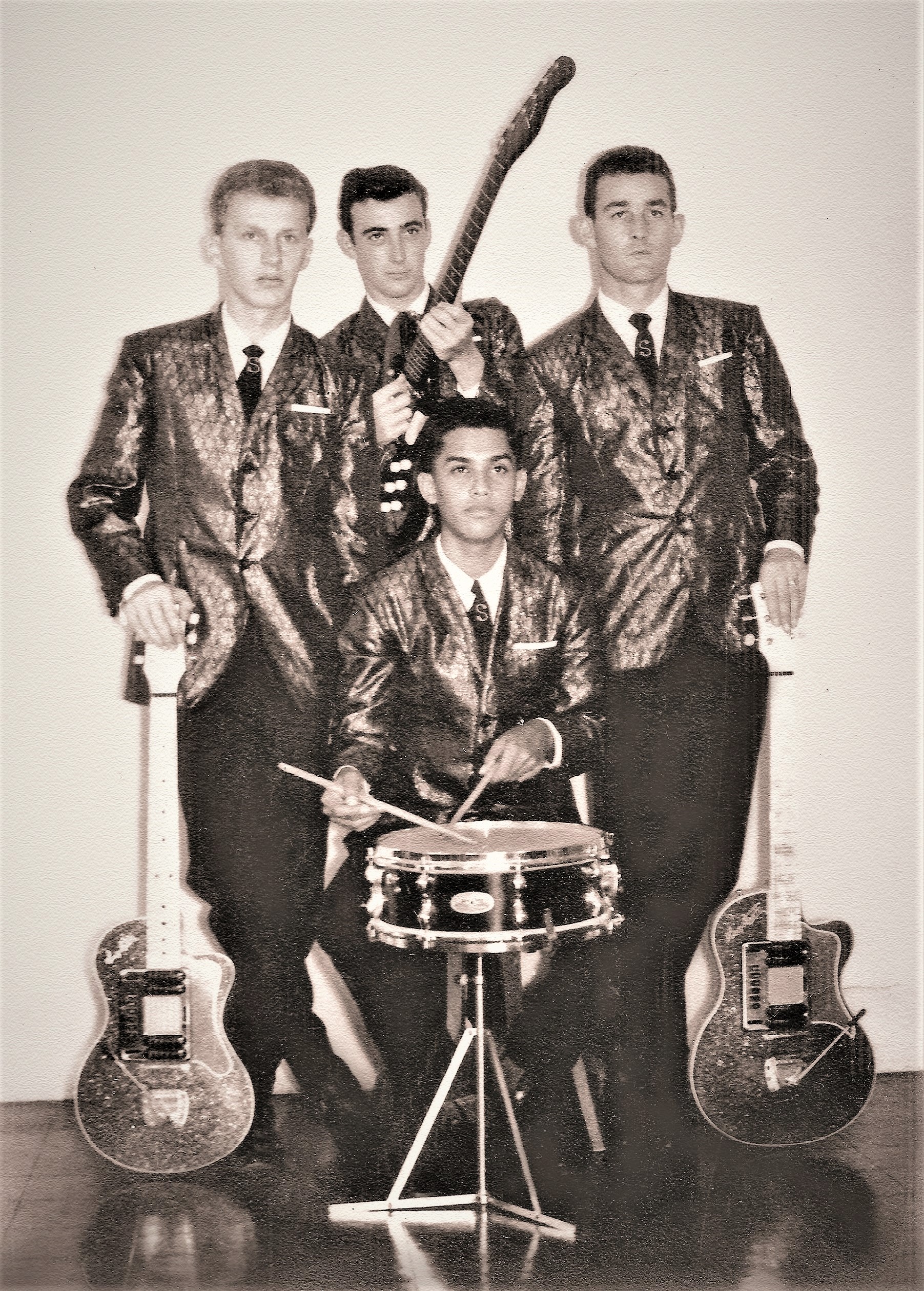
David looked over at Omar, and with some urging, Omar volunteered himself. He performed spectacularly and immediately became part of The Strangers. Notwithstanding its name, the band became well known to Penangites. The Strangers was good at securing regular bookings and organising shows, even on a weekly basis; and gaining a huge following of teenagers in the process. When the servicemen were called home, the next up-and-coming band, The Thunderbolts, readily welcomed Omar, now a well-recognised musician, into their fold.
The Thunderbolts gained a deal with Columbia Records and produced two hits, The Thunderbolt Twist and Rasa Sayang Twist. Both these songs are easily Googled, though it yields no readily playable results. Nevertheless, their vinyl versions still exist, and can be purchased.
For a while, a rumour floated around that the American band, The Ventures, had filed a lawsuit against The Thunderbolts on account of similarities found in their music. Omar still laughs this off as small talk, but his presence in Penang’s music scene remains remarkable.

Jules Ooi of De Westerlies
Like Read, the tunes from his father’s gramophone had fascinated Jules Ooi since he was five years old. He would grow up to be a member of the band, De Westerlies. Listening to bands such as the English instrumental rock group, The Shadows, and feeling the reverberations and the youthfulness of the electric guitar set Jules on a musical path.
He was transfixed by the guitar. In fact, Jules was so captivated the first time he spotted one at a friend’s house that on returning home, he got hold of some wood and fashioned his own guitar. It never amounted to a real instrument of course, but it allowed him to pretend to play it.
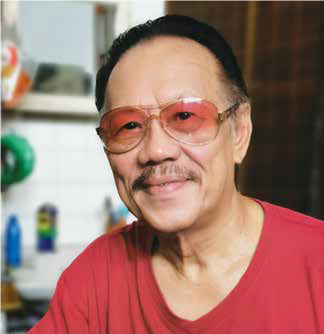
Jules’ antics amused his sister so much that she soon surprised him with his own guitar that she had bought for 15 dollars. “I would talk of nothing else but guitars and music. Just touching the guitar and learning to play music – no matter how difficult – was always a pleasure,” says Jules. “Instructional books were available at Cheng Lee, the only music store around at that time. If you couldn’t find what you were looking for here, your next best bet was to look in Singapore.”
Indeed, the stars were aligned to propel Jules’ career as a musician. With the few chords he had learnt so far, Jules encountered Donald Boudville, an established musician, hoping to work with him. Donald signed the pair up for a band competition at Nibong Tebal; and when they took first place, it was yet another catalytic experience for Jules.
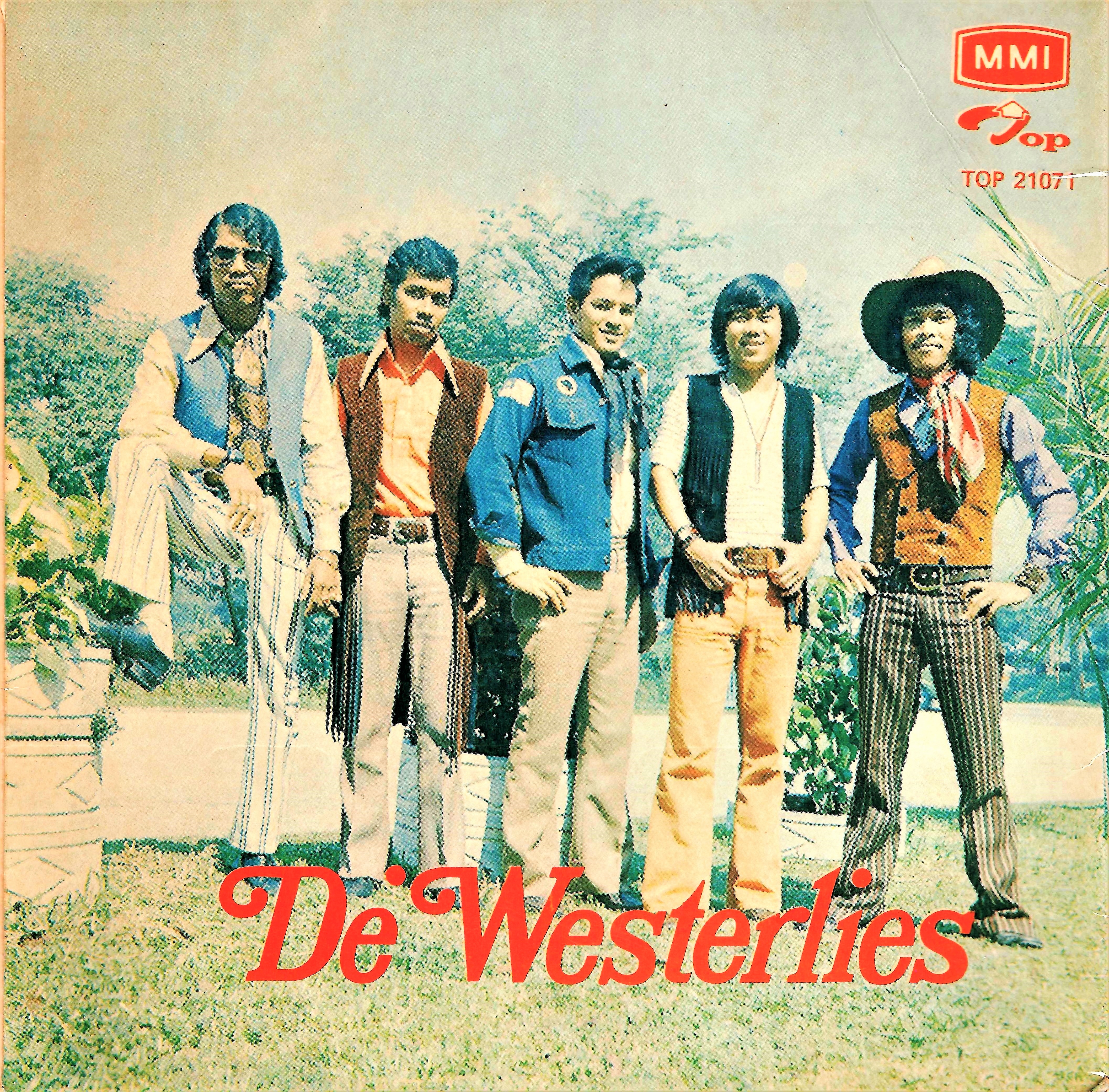
Before the days of social media, if a musician wanted to be discovered, it was through taking part in competitions where talent scouts from recording labels and broadcasting companies would also be present. On occasion, winning a competition also meant clinching a recording contract. In fact, it was from one of these competitions that Jules’ band, De Westerlies, produced a full album on vinyl under the label MMI. That record was a launch pad for the band, and De Westerlies went on to play many high-profile shows and even appeared on TV.
Jules is a humble man. Only when prompted did he reveal that De Westerlies was the first band from Penang to win the Top Bintang RTM competition; and in an age when instrumental bands dominated the music scene, the band managed to snag first spot with a vocal number!
Samynazan Tambusamy of The Freeloaders
Samynazan, or Sam as he prefers to be called, is self-taught on the harmonica, saxophone, drums and guitar – among other instruments! He had natural talent for music, but music lessons were always very costly.

He had to resort to the old-fashioned way of learning, i.e. playing by ear. “I would repeat the same few chords over and over again. Sometimes, I didn’t even know if I was doing it right!” he laughs. Be that as it may, Sam learned to master the instruments.
There is a recurring theme I find among these featured musicians, and it is this: their love for music is as deep as their persistence. The music climate of the 1970s crackled with competition, sustained by the scant availability of resources. “But the musicians were incredibly talented; many good musicians who made it in KL at the time were originally from Penang,” proclaims Sam with pride.

Band music was so prolific that hotels, pubs and cafes had multiple groups working for them. Sometimes one establishment even had two bands taking turns to perform in a single night. Cabarets too were a very popular form of entertainment, and opportunities with broadcasting stations were plenty.
This was how Sam and his band, The Freeloaders, made a name for themselves, by playing in clubs like Chusan and performing fortnightly at the Rediffusion broadcasting studios in Ipoh and KL. “It is unlike today’s FM Radio, centralised in one state,” explains Sam, adding that he always found it amusing that The Freeloaders had mostly Chinese listeners, despite being a majority Indian band.
Kelvyn Yeang

Proficient in multiple creative disciplines, Kelvyn Yeang is a musician by night and media content creator by day. When he is not writing, designing, or creating, Kelvyn wanders the streets of George Town in search of a good story and a cup of coffee.



